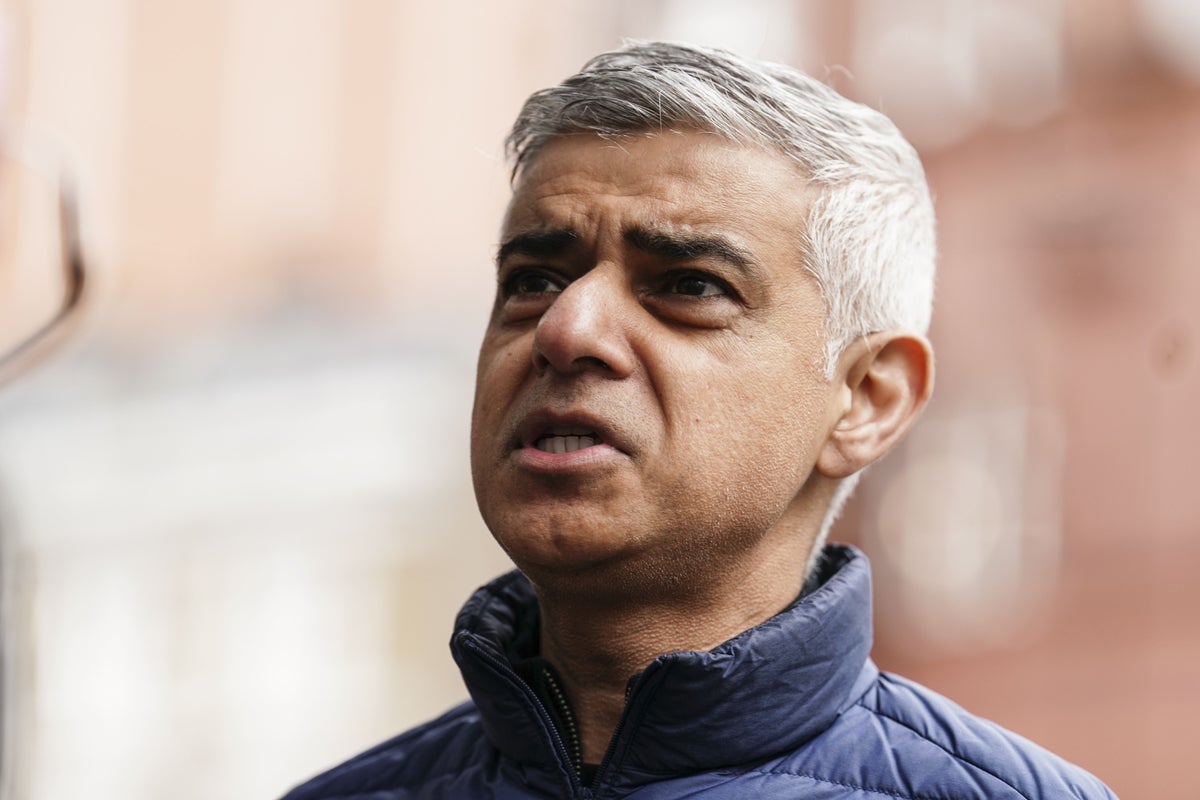
London mayor Sadiq Khan has said he opposes “in the strongest possible terms” any Home Office plans to moor another barge housing asylum seekers at the city’s Royal Docks.
The east London docks, beside City Airport, was named in reports this week as a potential new site to house asylum seekers as part of government efforts to crack down on Channel crossings.
The Home Office has not confirmed any such plan, but Mr Khan said his office had been “recently made aware of Home Office proposals to use the Royal Docks”.
The mayor said he opposed such plans “in the strongest possible terms”.
He said: “I am proud of London’s history of providing sanctuary for those seeking refuge, and I am concerned that vulnerable people fleeing appalling circumstances would not have access to the support they need, with their safety, health and wellbeing being put at serious risk.
“The government’s approach to asylum seekers is cruel and unworkable, and will be made worse by the Illegal Migration Bill.
“Instead councils and relevant partners need to retain the legal powers and the funding to support asylum seekers humanely and with dignity. We all have a responsibility to help those escaping oppression and violence, and ministers need to completely rethink their plans as a matter of urgency.”
Rishi Sunak this week insisted that his pledge to “stop the boats” was “starting to work”, as he revealed two more giant vessels will be used for migrant accommodation.
The prime minister declined to say where the two new barges would be moored, but there is speculation that barges could be moored near Liverpool and Middlesbrough.
The Guardian also reported the Royal Docks, which are managed by the Royal Docks Management Authority Limited, was among a number of other locations being discussed as part of plans to acquire more barges and former cruise ships.
The Home Office on Thursday declined to confirm whether the London docks was part of discussions.
A Home Office spokesperson said: “The pressure on the asylum system has continued to grow and requires us to look at a range of accommodation options that offer better value for the British taxpayer than expensive hotels.
“This is why we continue to source new alternative sites and vessels to accommodate migrants, which are more manageable for communities, as our European neighbours are doing.
“We understand the concerns of local communities and will work closely with councils and key partners to manage the impact of using these sites, including liaising with local police to make sure appropriate arrangements are in place.”
The government’s Illegal Migration Bill is currently in the Lords, where it has faced strong criticism and close scrutiny from peers.
The bill would require the home secretary to remove from the country any migrants who arrive irregularly to one of the countries on the safe list, although they currently only have agreements to this effect with Rwanda and Albania.







